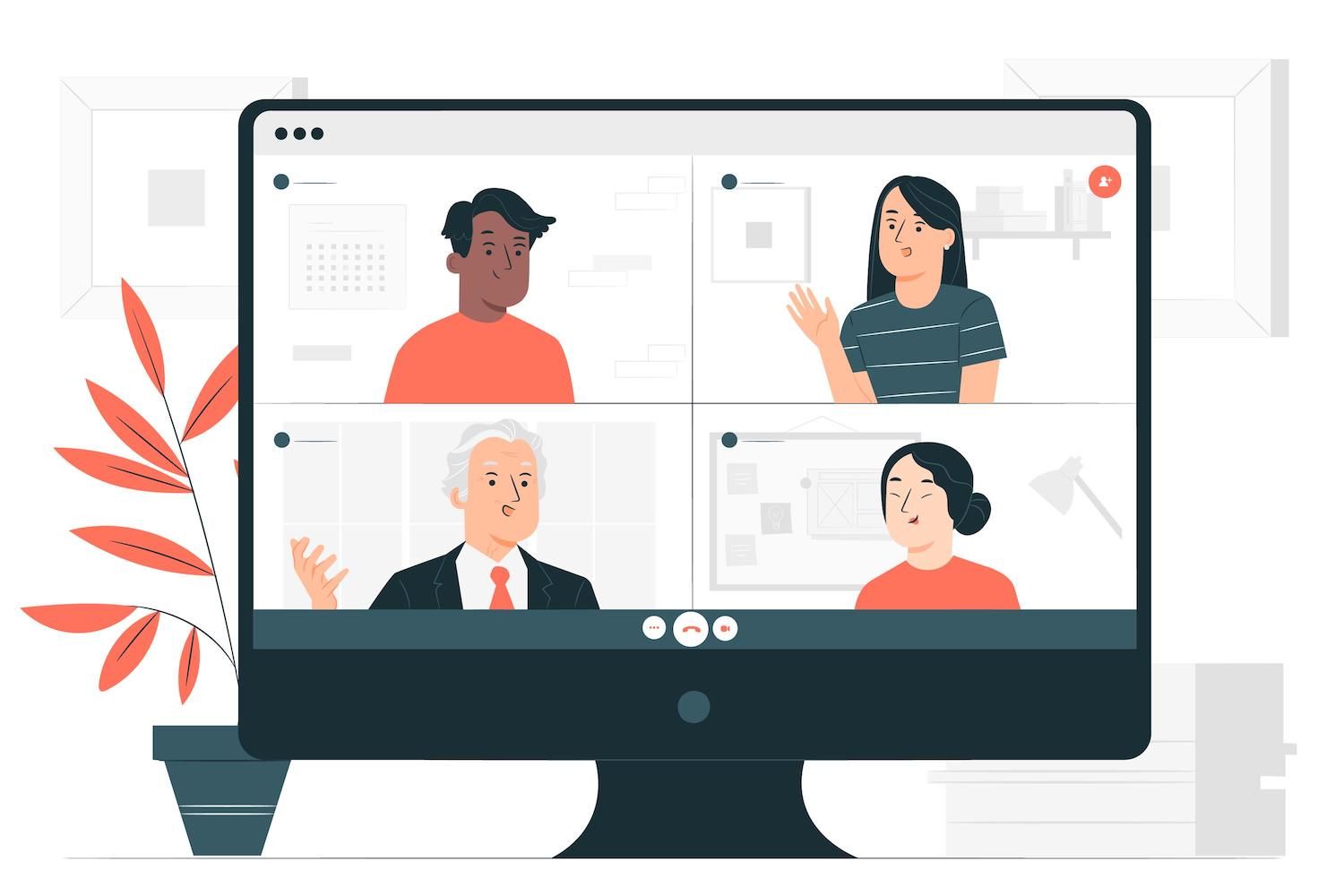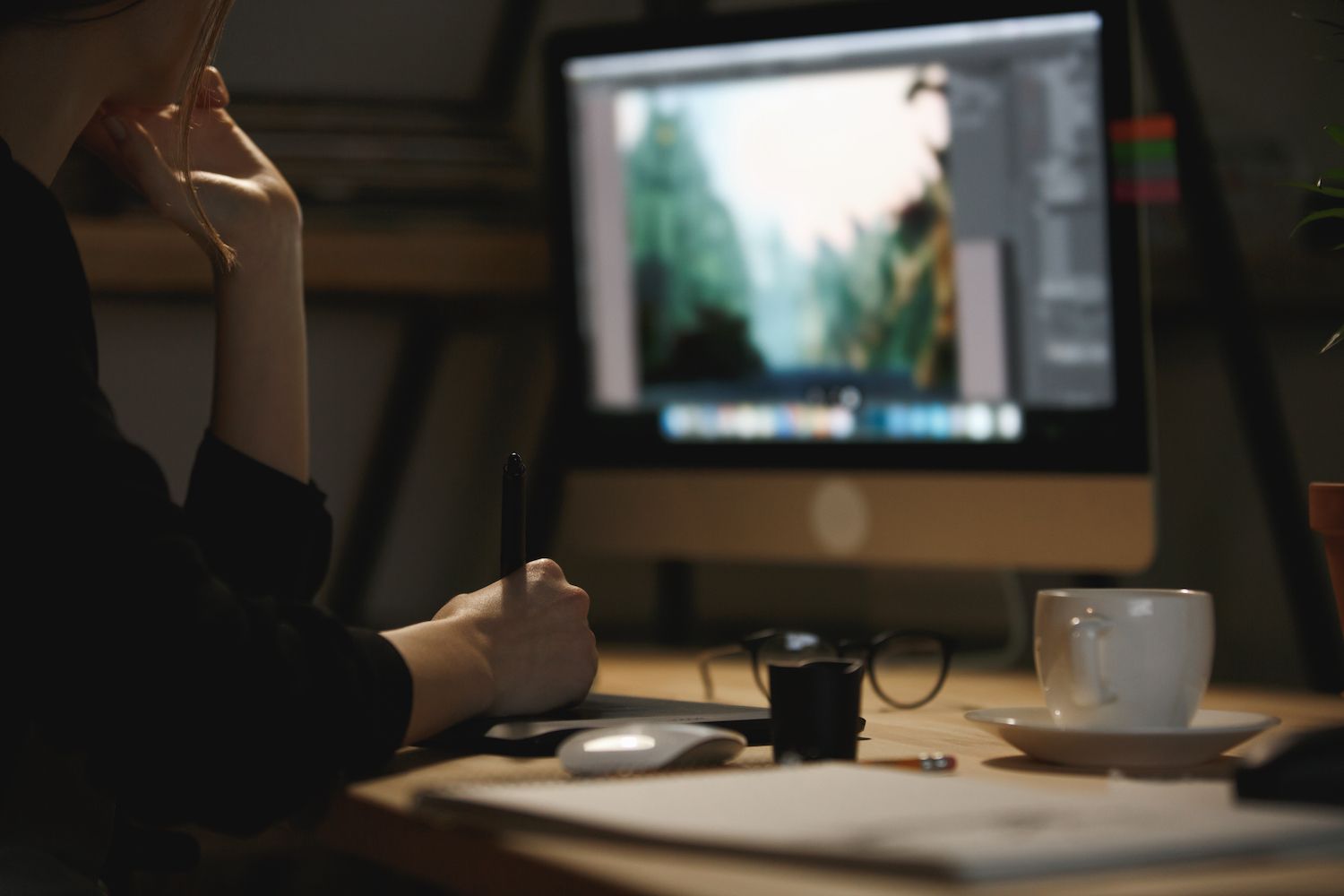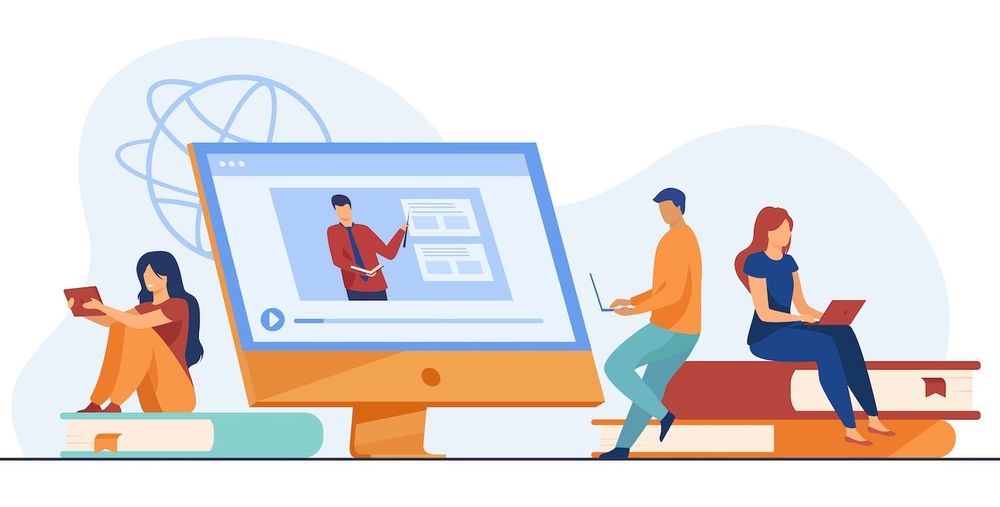11 Ways to Ensure that your intellectual property is secure in Online Training
Note from the editor: The content is for informational purposes only. Consult an authorized lawyer prior to acting exclusively on the information offered in the piece.
Content. Content is the heart of any knowledge-based and educational-based business. It shows the world your knowledge, provides your business a voice, and brings in your business income. Naturally, it is important to protect it.
However, how can manage the protection of the intellectual property (IP) particularly in context of the web's "sharing economy"sharing economy?" When even Hollywood with its top-of-the-line lawyers can't control illegal downloads piratey, file sharing, or other illicit downloads how do you ensure that your IP safe as a course and content creator?
The real-world implications of the web:
However, even with today's technologies, it's still impossible to ensure the security of our IP. If your IP is posted online, it's in danger of getting copied, taken away, or even accessed by those who have not paid. It's true. If anyone really wants to have it, they'll.
If your IP is utilized to defy legitimacy in a ways If your IP is being used in a way that violates the law, you need to act to address this problem. If someone uses your content as well as your IP or name in order to transfer money from your business, contact your legal experts immediately.
If you do not react appropriately when your IP stolen excellent and great, setting safeguards is much better.
1. Create an Trademark
If you are really concerned regarding the security of your IP and its protection, it might be worth looking into a Trademark. It's not for every firm as well, and isn't cheap as well. Consider speaking with an Trademark Attorney for advice about what the options you have could be.
2. Print & mail your content to yourself
Print all of your course including the curriculum plan, lesson plans and all the materials. Then, you can send your version to yourself, with tracking and delivered, after which you do not ever glance at your file. If somebody ever reproduced the material you wrote and took it to court then you'll have evidence of when your creation was done as well as the time it's been in circulation for. Simple, yet effective.
3. Time stamp your content
If you're sharing online-related information, keep in mind that when you publish your post publically, it is evidence that you've published your post initially! Each blog post has a "published" date on the front of it. Every YouTube or Facebook video status updates, and live stream videos display the original date of publication in addition. If you find a duplicate article made public after publication of your original, it's clear who got it.
4. Make sure you show your face
5. Watermark your content
Check that your company's name or your website's URL or watermark are displayed on your instructional videos along with your written documents. So, if the content was shared without permission, yet it displays your logo as well as your face and web address within your post then it's your company that receives the praise or the credit of fans, as well as any businesses that may be a result of someone viewing that video.
Here's an example watermarks I've added to some of my YouTube channels:

6. Make it common knowledge
If you have a 'saying", a strategy an approach, or any other thing you believe should be yours You shouldn't be pondering which way to pack it up and secure it. Instead, you should figure out how to make it look so powerful and unique, that no matter where and the purpose for which it's used, people know that you have the item. Make it clear in every video, in every blog posting, on your blog, as well as in your signature email as well as in every interview you conduct and everywhere else you're recognized. It's easy to make clear that you own it, but allow it to "belong" to whoever wants to associate themselves in the. That's the way you form the group of people.
That's exactly why I invented the phrase ' Edupreneurs' and also defined the term ' "Edupreneurship'. I wanted to establish myself as an unquestionably the leader in something. I did it with the hope that I was able to offer something to individuals could take as their own , an persona that they are individual, yet is always a return with me in the form of the person who initiated it in the first place.
7. Keep an eye out to see if your content is a copycat
Just keep an eye on for the items you have. I make use of Google Alerts which is a free Google tool that allows users to enter different search terms including your name and also certain terms and keywords you search for. After you've set the alerts to go active, Google will email you whenever those phrases or terms are mentioned online - then you'll be able look for them and determine if you have taken the right to copyright, properly referenced in a proper manner or just a chance incident.

You can also use plagiarism checker software to see whether your writing has been duplicated elsewhere. There are lots out there, but one of them which is worthy of note is Copyscape, where you are able to add the URL for your blog , for instance It will look through websites for identical information.
8. There should be an Copyright Policy
It's possible to develop your own guidelines that guide and educate public on the acceptable and not when it comes in relation to IP. Though this will not necessarily protect you from legal liability, the knowledge will assist those who want to reference you fairly on how to do it in a proper manner. Simply write up a very complete list of all the items that you consider acceptable for reference to you using your content and sharing or reproducing it. You should also list the things that aren't. Set them up with some guidelines regarding the sorts of things they'll need to get your permission for and what they can perform without needing to ask to be granted written authorization.
Consider adding a copyright symbol ((c)) (or disclaimer) in your content. Although it doesn't provide any extra protection, it could cause people to take a second look before copying the content.
9. The course you choose to take should be beneficial for only one person
10. If you maintain it in check and don't allow it to go, then you're responsible.
It's easy to fall into defensive mode, to safeguard our intellectual property and secure it in a secret knowledge vault where it's 'safe from the people who pinch'. However, don't hide all of your information as well as block all the potential clients from learning about the details which means that only a small number of customers are unaware of the details. There's an element of madness within this.
We get so caught up with defending ourselves that we forget about others who we are trying to help through putting together programmes in the first place before'stealing' them the chance to study. What is worse? the tens of thousands of people who have their lives changed through your effort, and only some people getting their hands on it 'on the market' or not getting your help even once?
11. Don't forget that no one can be you
One of the best things about humans is that each of us is distinct. We can all copy our ideas as well as our style of writing, along with our thoughts and methods of service, but they'll never be like us.
People don't buy stuff, they buy people. Because people like people. How we express ourselves in our thoughts, our dress and the sound of our voice, how we hold our bodies, our thoughts about, the way people feel when we use the way we communicate, and more subtle nuances that are the main reason behind every purchasing decision that is made are all elements that will never ever be taken away from us, regardless of the effort of another person trying.
I'm well aware of the reality that, despite the ever-growing competition as well as the number of other people seeking to take over my market through my content they'll never ever be me, which implies they'll never become a threat.
You is probably the most prominent mark of your IP and while it's essential to keep an eye open, do not let the worry of copying your IP stop your influence on the lives of others.
Sarah Cordiner is an education specialist, author, speaker, trainer, and award winner of online courses and CEO of Main Training. Over the course of 11 years, she has been a leader in the world of education with over 5,000 students spread across over the globe in 121 countries - Sarah is a captivating combination of education and entrepreneurship as the internationally recognized leader of EDUpreneur in the area of profitably instructing the market'.
Article was posted on here
